Resources
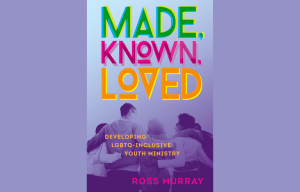
May 30, 2023
Made, Known, Loved Made, Known, Loved shows congregations how to create a program that affirms LGBTQ youth in their faith and their identity, accepts and welcomes diverse sexual orientations and gender identities, and equips future leaders for the church and the LGBTQ community.
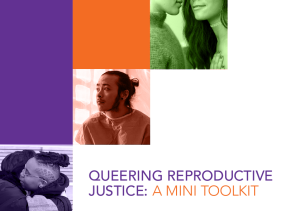
June 26, 2019
Queering Reproductive Justice: A Mini Toolkit This toolkit is intended specifically for reproductive health, rights, and justice advocates who want to gain and further their understanding of repro* issues within an LGBTQ context.
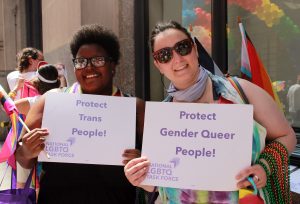
June 9, 2019
LGBTQ+ Glossary of Terms The following is a non-exhaustive list of terms. These definitions have been adapted from the Queering Reproductive Justice Toolkit and the Queer- and Trans-Inclusive Sex Education Toolkit.
May 21, 2019
Final Healthcare Conscience Rule FAQ On May 2, 2019, the Department of Health and Human Services (HHS) issued a final rule that will allow healthcare entities and workers to refuse to do anything for patients that goes against their religious or moral beliefs.
March 29, 2019
Guide on Implementing Queer- and Trans-Inclusive Sex Education in Michigan The Michigan Radical Sex Ed Initiative came together as a group to host their first ever Sexual Health Leaders Conference, where this toolkit was launched.
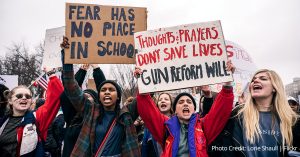
March 19, 2018
Policy Recommendations For Gun Violence Prevention Using A Racial, Disability, and LGBTQ Justice Framework We present this proposal that grapples with the need to address the public’s safety concerns without compromising the dignity and freedoms of all people.
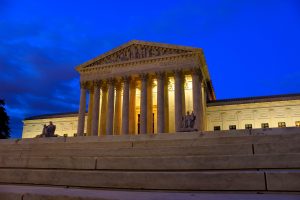
October 30, 2017
Task Force Amici Curiae Brief in SCOTUS “Masterpiece Cakeshop” Case In the brief, the National LGBTQ Task Force examines the intersection of race-based discrimination and anti-LGBTQ discrimination, showing that religion should never be an acceptable reason to refuse services to anyone.
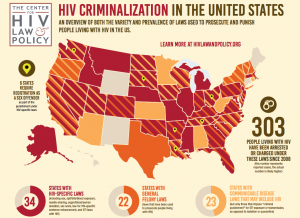
September 20, 2017
